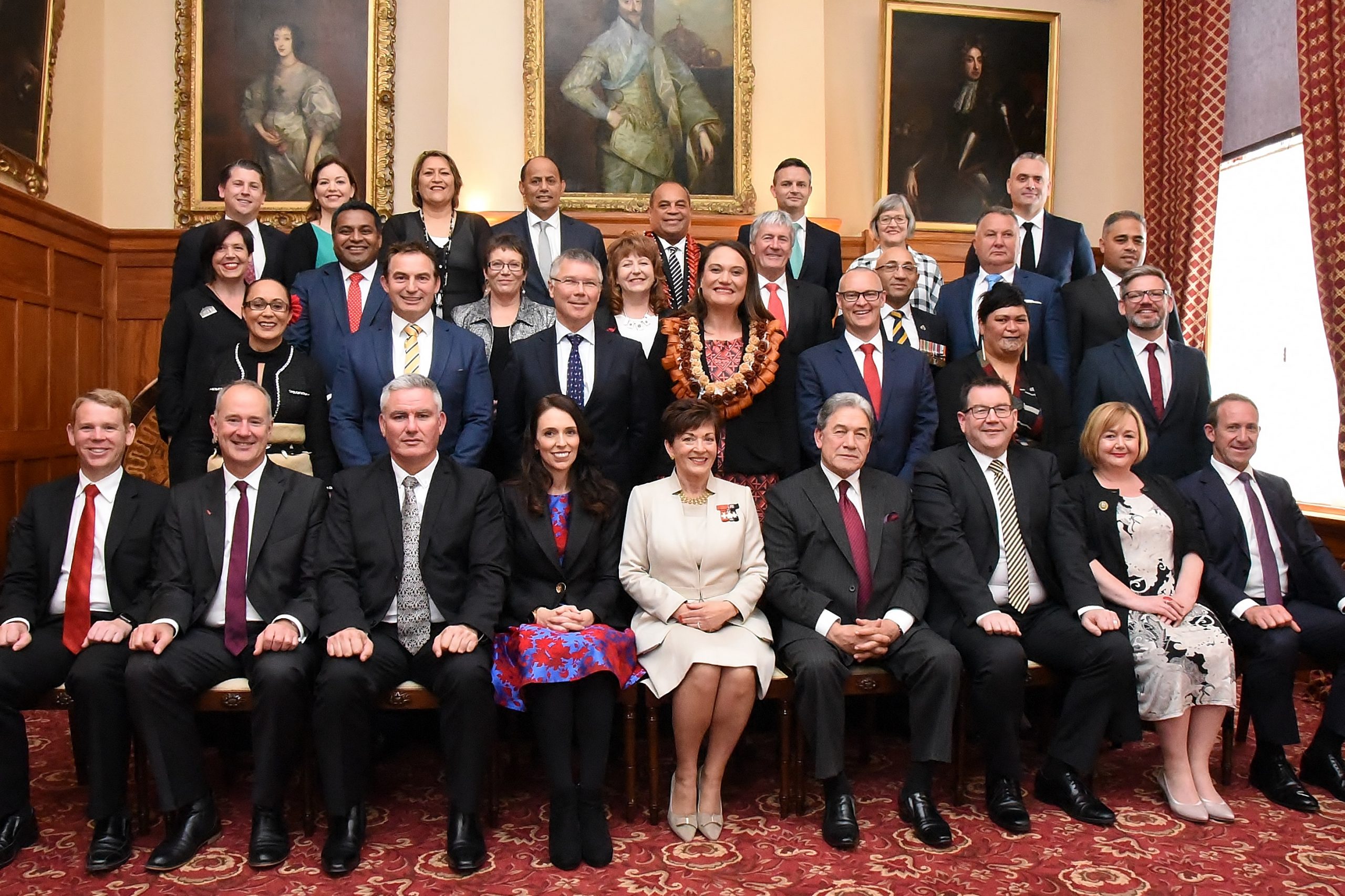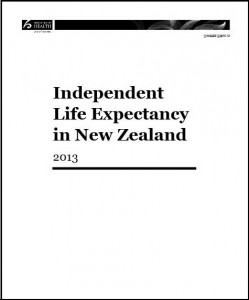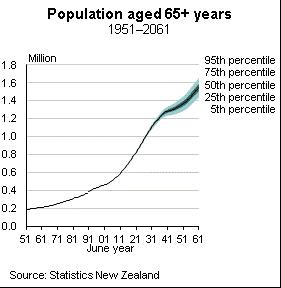Prof Nick Wilson, Dr Jennifer Summers*
A just published study examined the lifespan of politicians in 11 high-income democratic countries – including Aotearoa New Zealand (NZ). The NZ politicians were found to live at least 5 years longer than the general NZ population (age and gender matched) and this gap has been growing since 1950. One of the likely reasons is the lower smoking rate of NZ politicians compared to the rest of the population. Perhaps it is time for NZ politicians to share the lifespan benefits of their smokefree lives – by ensuring that the current smokefree legislation before Parliament is passed in full?
Image from Wikimedia Commons





